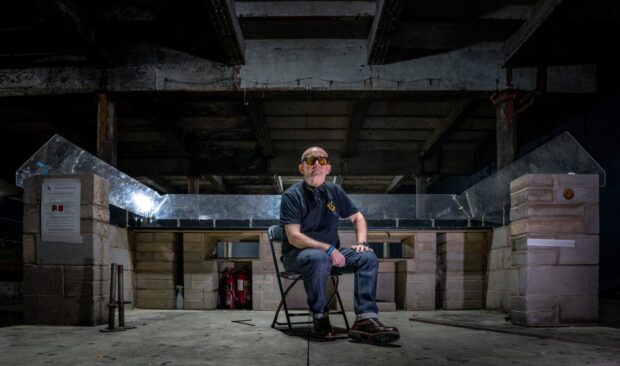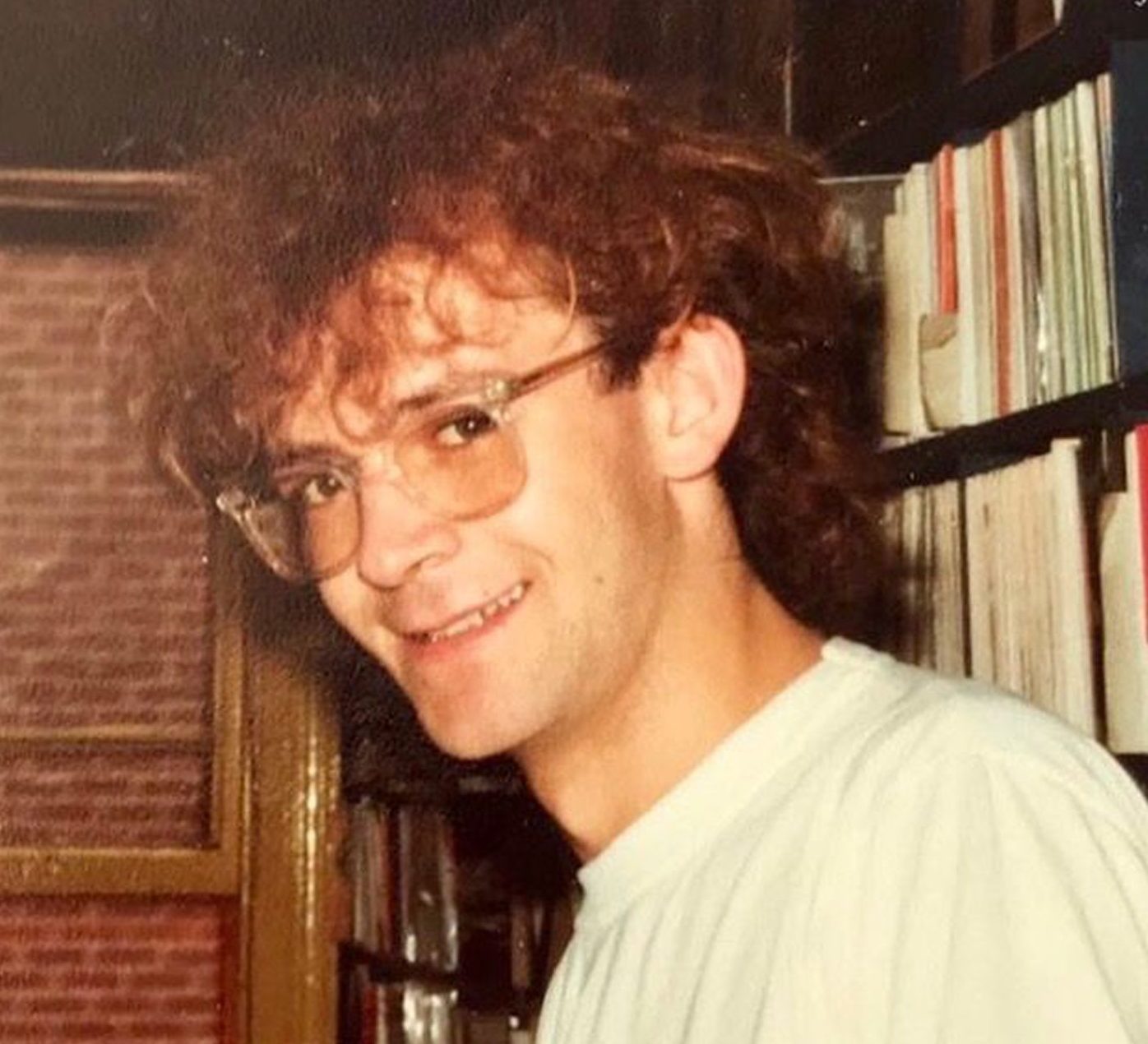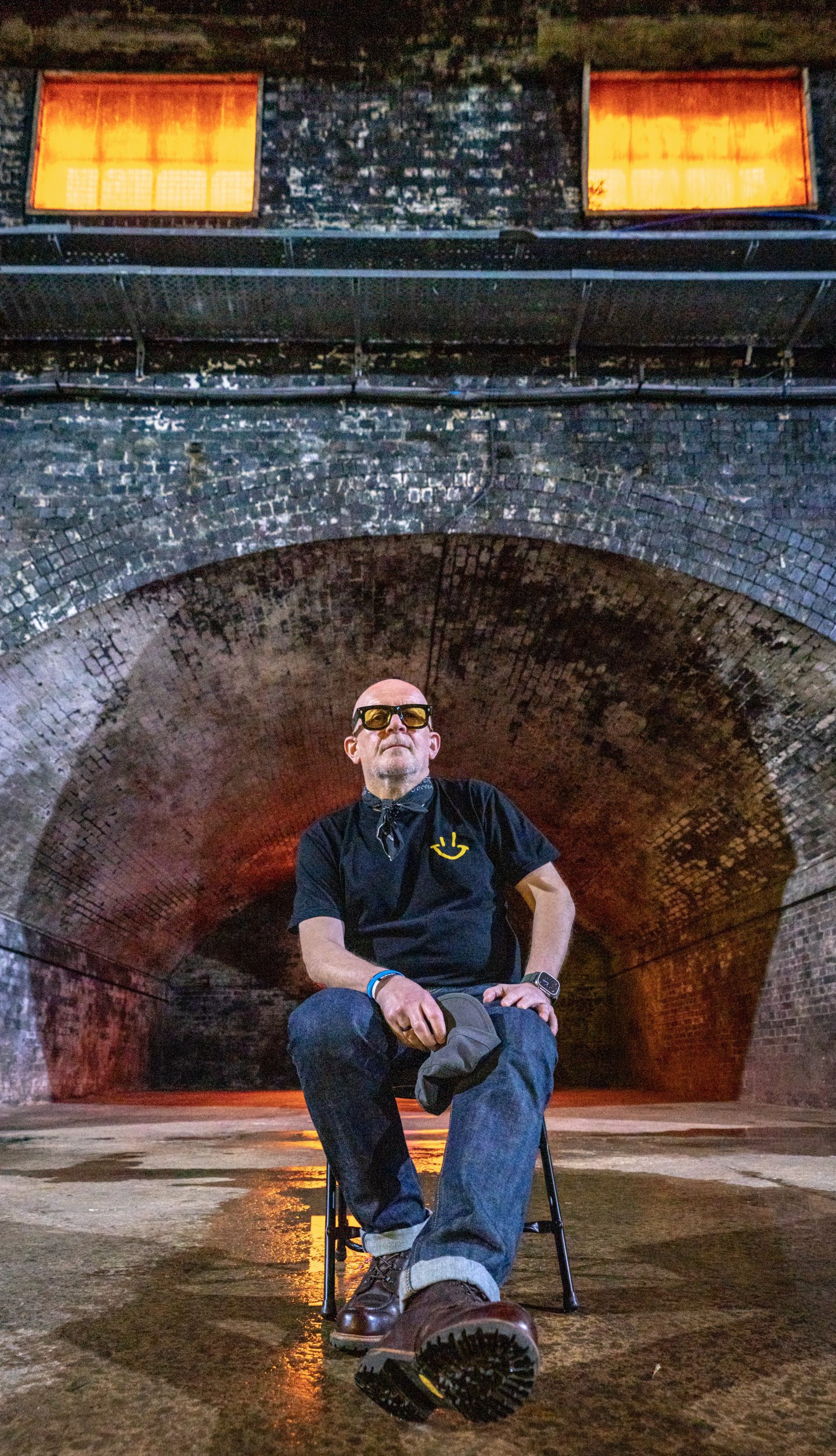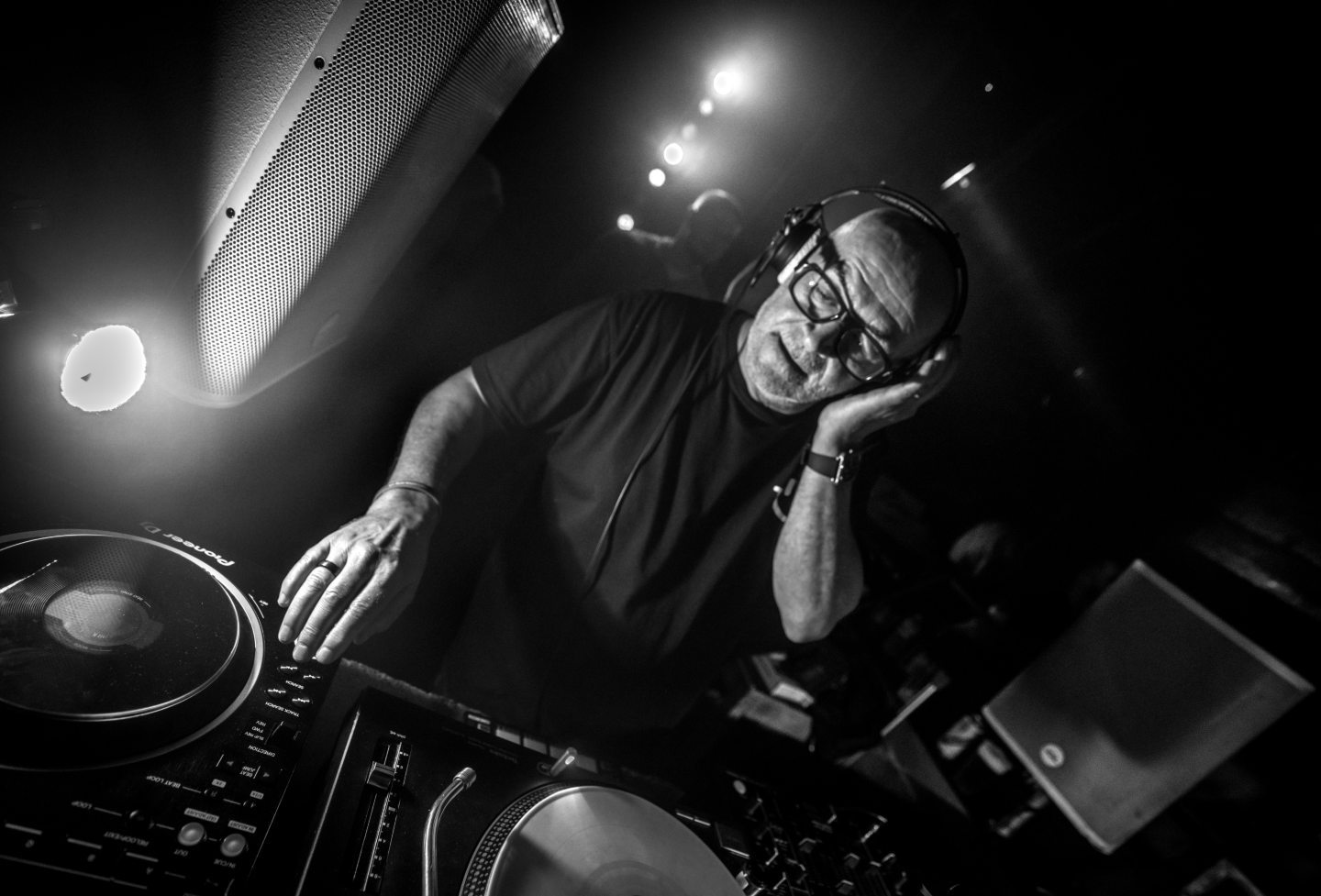Graeme Park’s eyes were shining brightly as he watched the Gothenburg Greats arrive at the P&J Live in Aberdeen last November.
One after the other, he was surrounded by such luminous figures as Willie Miller, John Hewitt, Jim Leighton, Eric Black, Mark McGhee and the rest of the Granite Galacticos who achieved immortality when they won the European Cup-Winners Cup in 1983.
Suddenly, Alex McLeish was the latest stellar character to walk into the arena and clapped eyes on the man who was standing just a few yards away.
At which point, the former Scotland and Dons star with an insatiable zest for life, strode towards him and said: “You all right, Parky?”
Memories are made of these meetings. But he has myriad anecdotes of his own and a back story which explains why his name is known in music circles all over the world.
Graeme’s Aberdeen roots
It’s a long time since Graeme was born in Aberdeen in 1963, but a whistle-stop tour of his career might offer a few pointers as to why this is such an intriguing tale.
Even in his formative years, there were indications that this redoubtable fellow would go far in some form of the arts. His grandfather, George Wood, had an orchestra which performed everywhere from Balmoral to the Beach Ballroom and he gave the young lad a beautiful mahogany clarinet.
Music was in the genes and, whether listening to his mother, Olga, singing, or visiting relatives in Lamond Place and Tillydrone, he was never far from an impromptu fiddle recital or the latest pop hits on the radio.
In case you’re wondering, Graeme is now widely credited as the founder of the British rave/club scene; he’s a senior lecturer in creative media at Wrexham University; somebody who starred at the famous Hacienda Club in Manchester – and appeared in the film 24 Hour Party People with Steve Coogan, Paddy Considine and Peter Kay; and he is an ambassador for the charity Sarcoma UK, a cause particularly close to his heart, following the death of his teenage son, Oliver, from the rare form of cancer a year ago.
Skipping back to his days at school, the youngster was always something of a maverick figure. While his classmates were obsessed with progressive rock – such as Led Zeppelin, Genesis, Emerson Lake and Palmer and Tangerine Dream – he was captivated by the glam rock of T Rex and Roxy Music, then “blown away” by the punk revolution.
‘Things were happening in music’
Yet, even as he was lapping up The Clash, Blondie and the Sex Pistols – and working in record shops, first in Scotland, then later in the Midlands – he was soaking up knowledge of the music scene.
As he said: “I never had any set plan in my life. If anything, I thought I wanted to be in a band, but the owner of the record store in Nottingham liked the music I was playing in the shop and, one day, he bought a nightclub and told me: ‘I want you to be the DJ.’
“I was just in my early 20s and thought: ‘What!’ But I had spent months, if not years listening to everything under the sun, I had checked out the music scene in every part of Britain, I had listened to new records from Detroit and Chicago, and it was obvious to me that things were happening in music and I wanted to become involved.
‘I thought I would give it a go’
Graeme explained: “I had never DJ-ed before, but I thought I would give it a go and the reaction was just incredible. The people at the club loved it and word soon spread. This was in 1984 – you had New Order, The Human League, Aztec Camera, Eurythmics, all these groups coming through and it wasn’t long before I was playing in several clubs, getting a call from the Hacienda and taking part in special All Night Discos.”
At this stage, Graeme Park’s name on a poster was a guarantee of eclectic new sounds and mixes which couldn’t be heard anywhere else. Yet, as he recalled, almost nobody realised he wasn’t from the north of England, but a proud Aberdeen loon, who had attended his first match at Pittodrie when he was just six years old.
‘I am 100% Aberdonian’
He told me: “I was booked by a well-known club owner, Mike Grieve, for a place called Fever in Aberdeen in 1989. And when I arrived, he couldn’t believe it when I started talking about my memories of growing up in the city. He thought I was English. But I told him I am and always will be 100% Aberdonian. You don’t lose that.”
In the last 40 years, Graeme has graced stages all across Europe and further afield. He has appeared at Glastonbury with his long-time friend Peter Hook – formerly of New Order and ex-husband of the late Caroline Aherne – and worked with an orchestra on concert tours for the last decade, even if his dream of bringing the venture – “it’s around 100 people, so it’s very expensive to organise” – to the P&J Live has remained elusive.
The Hacienda is now an apartment building – the developers asked Graeme to DJ at the launch, but he politely declined – and yet, at the back of the building there is a time-line, carved into steel, detailing its history from Madonna‘s early performance to its closure. And his name is there not once, but twice, carved into metal for time immemorial.
However, if there has been plenty to celebrate in recent years, there was also the tragedy of losing his 18-year-old son, Oliver: one of two twins, the other being Ben.
‘He was such a beautiful soul’
And while Graeme has responded with the same determination to help others which has typified his life, there’s no disguising how much this has affected him.
He said: “It started out as just some aches and pains and, because of Oliver’s age, the doctors originally thought it was just growing pains. But then it got worse.
“We went to different doctors and nobody was really sure. Was it cancer? We were told no, then we were told yes. And, by the time the latter diagnosis came, it had spread into his bones. It’s a very rare form of the disease – it only affects around one in 1,000 people – but, of course, that is no consolation when it happens to your boy.
“He was such a kind, loving and beautiful soul and we will never understand why he was taken from us far too soon. He had so much more love to offer to this world.”
Graeme added: “He never once got angry, complained, or felt sad. He was a true warrior throughout and fought so hard until the very end.”
Graeme is doing what he can to help
In the aftermath, Graeme has thrown his backing behind Sarcoma UK, attended a reception with the Chancellor, Jeremy Hunt, in Downing Street, raised substantial sums of money to help with scientific research into the condition and pledged that he will do whatever he can to ensure the search continues for a cure.
As he said: “It’s the big charities that receive most of the finance and that is understandable because they do a fantastic job. But there are so many other smaller organisations who are also committed to tackling illnesses and they shouldn’t have to function on a hand-to-mouth existence. So I keep plugging away and I don’t want any other families to go through what we have experienced.”
Five questions for Graeme Park
- What book are you reading? High Frequency Change – Why we Feel Like Change Happens Faster Now and What to Do About It by Tom Cheesewright and The Creative Act by Rick Rubin.
- Who’s your hero/heroine? My grandfather George Wood.
- Do you speak any foreign languages? A little French, a bit of Spanish.
- What’s your favourite band/music? I have eclectic tastes, but there’s one band I have seen so many times and that is Squeeze. Their songs are like short stories. Brilliant.
- What’s your most treasured possession? My grandfather’s old Boosey & Hawkes clarinet. It’s a thing of beauty.





